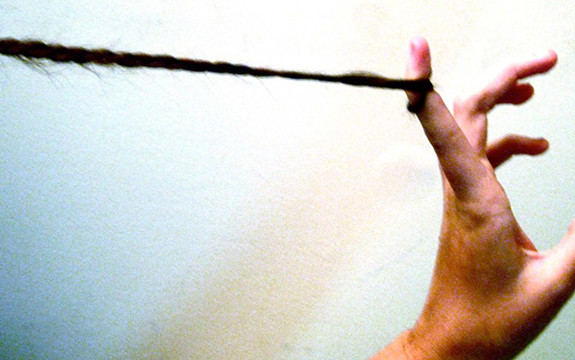Support for trichotillomania sufferers

In Summary
People who compulsively pull out their hair will now receive the support they urgently need through a network of support groups being set up throughout Australia.
Reneta Slikboer, PhD student from Swinburne University of Technology, is currently undertaking research on trichotillomania (trich), a psychological disorder where individuals repeatedly and compulsively pull out hairs from anywhere on their body. Symptoms last on average 22 years.
“We know that people with trich experience a lot of distress in the form of anxiety, depression, embarrassment, shame, and guilt but we don’t know why they pull their hair out. There is very little research on this disorder,” Ms Slikboer said.
Based on the success of a pilot study that Ms Slikboer ran as part of her research, she is establishing a support groups across Australia for people with trich. The Perth group will meet for the first time this weekend.
“Trich sufferers can feel very isolated so to be able to bond with others who are going through a similar experience is invaluable and a necessary step towards recovery,” Ms Slikboer said.
Lisa (not her real name) has lived with trich for 28 years. She shares her story in the hope that more people will speak out about the condition.
“I started pulling my hair out when I was about 12 or 13. My family had little understanding of the condition, therefore would try to embarrass and ridicule me to make me stop,” Lisa said.
“This exasperated the condition making me pull more and also made me feel so ashamed that I didn't want to speak about it or seek help in case of further ridicule.
“All I want to do is not worry about my hair, just get up in the mornings, brush my hair and go out the door - not be constantly conscious of whether patches are showing.”
Ms Slikboer said that having the chance for people with trich to talk to others and share their story takes away the sense of isolation they experience.
The aim is to have support groups in every state across Australia by the end of the year.
Ms Slikboer’s trichotillomania research is funded by Australian Rotary Health through the Ian Scott Scholarship.

